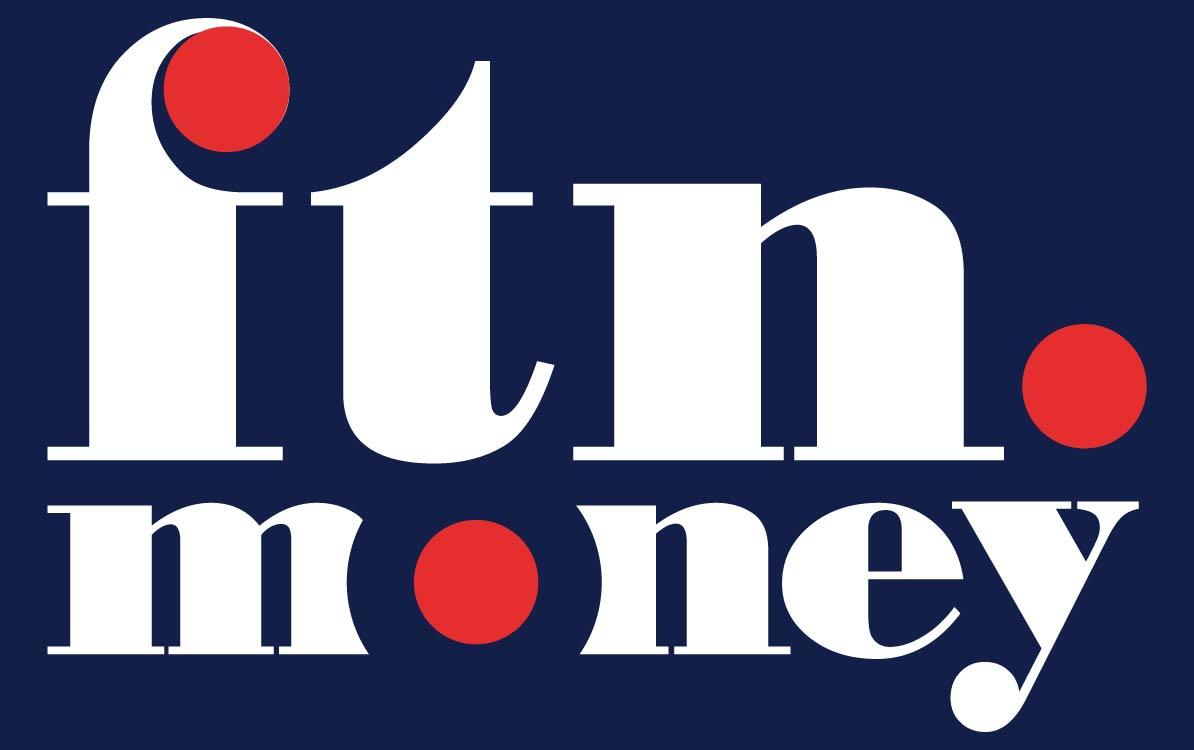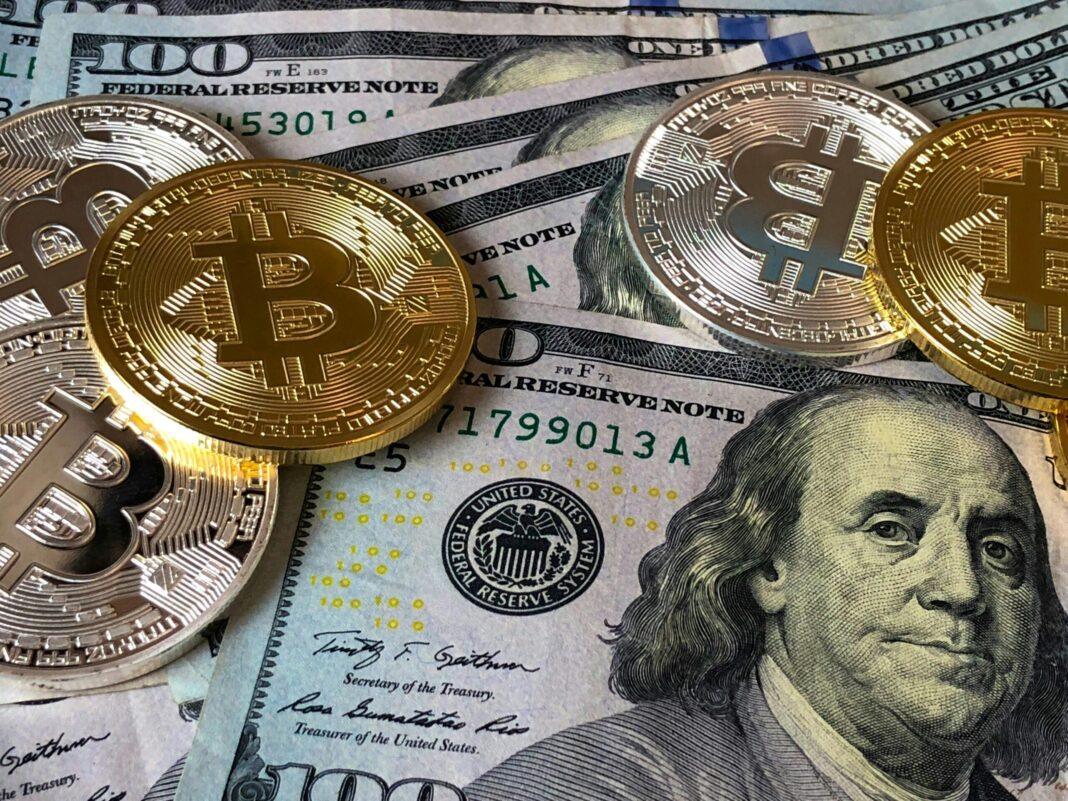Technology Stakeholders in Cross-Border Payments: How Banks, Fintechs, and BigTech Are Shaping the Future of Global Transactions
The landscape of cross-border payments is undergoing a seismic shift, driven by technological advancements and the entry of new players. Traditional banks, fintech disruptors, BigTech firms, blockchain networks, and AI-driven payment processors are all vying to shape the future of global transactions. This article explores the evolving roles of these stakeholders, the impact of emerging technologies, and the regulatory challenges that lie ahead.
The Evolution of Cross-Border Payments: From SWIFT to Blockchain
Cross-border payments have long relied on the SWIFT network, a system that has been the backbone of international transactions for decades. However, the advent of blockchain technology is challenging the status quo. Blockchain networks promise faster, cheaper, and more transparent transactions, potentially revolutionizing the way we conduct global business.
Who Are the Key Technology Stakeholders in Cross-Border Transactions?
Understanding the roles of different stakeholders is crucial to grasping the dynamics of the cross-border payments ecosystem.
The Role of Traditional Banks: Adapting to Fintech Disruption
Traditional banks, such as JP Morgan, HSBC, Citi, and Deutsche Bank, have historically dominated cross-border payments. However, the rise of fintechs has forced these institutions to innovate. Banks are now investing in real-time payment networks and exploring digital currencies like JPM Coin to stay competitive.
How Fintech Companies Are Transforming Global Payments
Fintech disruptors like Wise, Revolut, Payoneer, and Stripe are focusing on cost reduction, speed, and user experience. These companies leverage AI-driven risk analysis and P2P remittances to offer more efficient and affordable payment solutions.
BigTech’s Entry into Cross-Border Payments: Amazon, Google, and Apple
BigTech firms are also making significant inroads into the payments space. Apple Pay, Google Pay, and Amazon’s payment services are expanding globally, leveraging their vast user bases and technological prowess to offer seamless cross-border transactions.
Blockchain Networks and Digital Assets: The Future of Instant Global Transfers
Blockchain networks like Ripple, Stellar, and Ethereum-based solutions are pioneering the future of instant global transfers. These networks offer decentralized, fast transactions with lower fees, making them attractive alternatives to traditional banking systems.
AI and Machine Learning in Fraud Detection and Risk Management
AI and machine learning are playing a pivotal role in enhancing fraud detection and streamlining compliance. Payment processors like Visa and Mastercard are leveraging AI to detect fraudulent activities in real-time, ensuring secure transactions.
Regulatory and Compliance Challenges for Technology Stakeholders
As the payments landscape evolves, regulatory and compliance challenges are becoming more complex. Regulatory bodies like the FATF, BIS, ECB, Federal Reserve, and the Monetary Authority of Singapore are working to harmonize global compliance rules to ensure stability and security.
Comparison Table (For SEO & Featured Snippets)
|
Technology Stakeholder |
Role in Cross-Border Payments |
Key Innovations |
|
Traditional Banks |
Handle large institutional transactions, rely on SWIFT |
Real-time payment networks (ISO 20022, JPM Coin) |
|
Fintech Companies |
Focus on cost reduction, speed, and user experience |
AI-driven risk analysis, P2P remittances |
|
BigTech Firms |
Expand financial services through payments integration |
Apple Pay, Google Pay cross-border payments |
|
Blockchain Networks |
Provide decentralized, fast transactions with lower fees |
Ripple (XRP), Stellar, Ethereum-based settlements |
|
AI-Powered Payment Processors |
Enhance fraud detection and streamline compliance |
Visa AI fraud detection, Mastercard predictive analytics |
SWIFT vs. Ripple: The Battle for Instant International Payments
The competition between traditional systems like SWIFT and blockchain networks like Ripple highlights the ongoing battle for dominance in instant international payments. While SWIFT remains a reliable option, Ripple’s XRP offers faster and cheaper alternatives, challenging the status quo.
How AI and Machine Learning Are Improving Fraud Detection in Cross-Border Transfers
AI and machine learning are revolutionizing fraud detection in cross-border transfers. Visa’s AI fraud detection and Mastercard’s predictive analytics are setting new standards in security, ensuring that transactions are both fast and safe.
Why Central Banks Are Exploring Digital Currencies for Cross-Border Settlements
Central banks are increasingly exploring digital currencies (CBDCs) for cross-border settlements. These digital currencies offer the potential for faster, more efficient, and secure transactions, addressing many of the challenges faced by traditional payment systems.
Interoperability Challenges: Can Banks and Fintechs Work Together?
The interoperability between traditional banks and fintech firms remains a significant challenge. While both sectors offer unique advantages, finding ways to integrate their services seamlessly is crucial for the future of cross-border payments.
Regulatory Trends: Will Global Harmonisation of Compliance Rules Happen?
Regulatory trends suggest a move towards global harmonization of compliance rules. Bodies like the FATF and BIS are working to create a unified framework that ensures stability and security in cross-border transactions.
What’s Next? The Future of AI, CBDCs, and Cross-Border Payments
The future of cross-border payments is likely to be shaped by the continued evolution of AI, CBDCs, and blockchain technology. As these technologies mature, they will offer unprecedented opportunities for efficiency, security, and innovation in global transactions.
Call-to-Action & Engagement Strategy
We invite readers to share their insights on the biggest challenges in cross-border payments. Are fintechs overtaking banks in global payments, or will traditional institutions maintain dominance? Let us know your thoughts!
Footer: Referenced Sources & Citations
This article explores the evolving role of technology stakeholders in cross-border payments. Readers should consult financial professionals before making investment or business decisions





